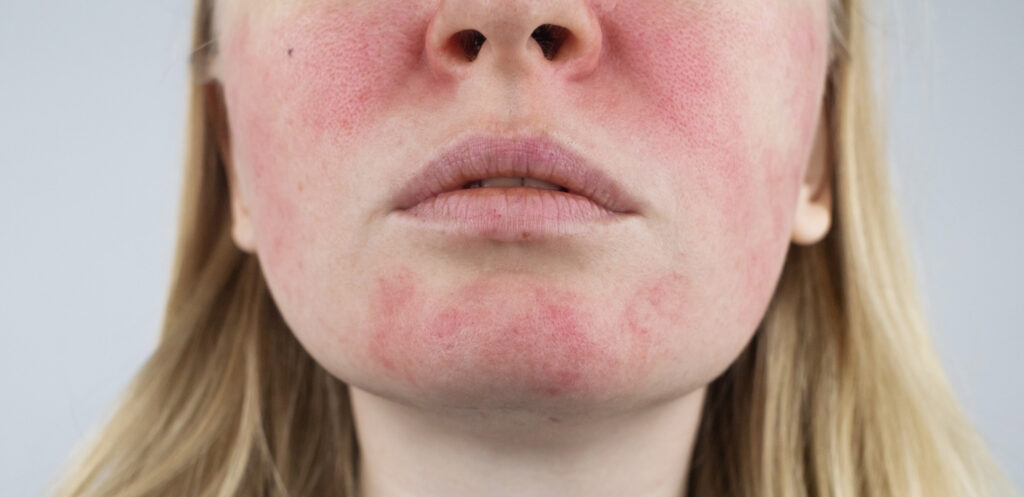Low-dose isotretinoin may help reduce rosacea symptoms, according to a systematic review published in JAAD International.
Researchers led by Adam Friedman, MD, Professor and Chair of Dermatology at the George Washington (GW) University School of Medicine and Health Sciences in Washington, DC, and Sapana Desai, dermatology research fellow at GW, evaluated the available data to highlight the benefits of using isotretinoin for rosacea.
The systematic review analyzed data from randomized controlled trials, retrospective studies, and case series, focusing on optimal dosages, treatment duration, and efficacy outcomes. The bottom line? A significant reduction in rosacea symptoms was observed, with low doses of isotretinoin providing substantial improvement in skin condition, decreased flare-ups, and increased disease remission durations.
“Our findings provide robust evidence that low-dose isotretinoin can be an effective and safe treatment option for rosacea patients who have not responded to traditional treatments,” says Dr. Friedman in a news release. “This study provides practical support to hopefully encourage others to expand their management paradigm to address the large population of those not responding to standard approaches and continuing to suffer from this distressing condition.”


